Construction site accidents are unlike any other type of personal injury claim, in that construction projects are complex and typically involve many players, such as the property owner, general contractor, subcontractors, material suppliers, equipment manufacturers, and laborers; all of whom could be responsible for causing the accident.
Construction sites are inherently dangerous places, with workers regularly exposed to hazardous conditions and equipment. Despite strict safety regulations, accidents can still happen due to negligent or reckless behavior by contractors, property owners, or equipment manufacturers. Some common construction accidents include falls from heights, electrocutions, machinery accidents, and scaffolding collapses. In an injury case, holding a company responsible for the injuries caused by their wrongful conduct requires proving that they are liable for breaching a duty that they owed to you. Some common types of liability that exist in construction accident cases include the following:
Type of Liability | Description |
|---|---|
Negligence | A general contractor may be liable for personal injuries caused by their own negligence. This may include failing to properly supervise workers, failing to provide a safe work environment, or failing to take appropriate safety precautions. |
Vicarious Liability | A general contractor may be vicariously liable for the negligent actions of their employees. This means that if an employee causes a personal injury while acting within the scope of their employment, the general contractor may be held liable for the employee’s actions. |
Premises Liability | A general contractor may be liable for personal injuries that occur on the construction site if they were caused by a hazardous condition on the premises. This may include unsafe conditions such as slippery surfaces, uneven walkways, or falling debris. |
Products Liability | A general contractor may be liable for personal injuries caused by a defective product that they supplied or installed on the construction site. This may include defective tools, machinery, or building materials. |
To properly prosecute a construction site accident and maximize recovery, the injured party needs lawyers who understand how construction projects operate and construction law. At Lovein Ribman, our team includes attorneys who are Board Certified in Construction Law who will assist in ensuring that your claim is properly and aggressively prosecuted.
Construction site accidents also involve complex regulations and insurance coverage issues. If you are injured in a construction site accident, you should contact an attorney immediately to protect your rights. To the extent possible, have someone take photographs of the accident scene before it is disturbed. Request all investigation reports, police reports, OSHA reports, witness statements, and a copy of the company’s policies and procedures. OSHA regulations are often applicable to construction injury cases. Some obligations that a general contractor may be required to follow under OSHA regulations include the following:
OSHA Obligations | Description |
|---|---|
Provide a Safe Workplace | The general contractor has an obligation to provide a safe workplace for all employees and visitors. This includes ensuring that all equipment and machinery is properly maintained and in good working order, and that all workers are properly trained in the safe operation of such equipment. |
Compliance with OSHA Standards | The general contractor must comply with all applicable OSHA standards, including those related to fall protection, hazard communication, and electrical safety. The contractor may also be required to provide OSHA notices and keep accurate records of work-related injuries and illnesses. |
Regular Inspections | The general contractor may be required to inspect the construction site to identify and correct potential hazards. This requirement and the frequency and scope of these inspections may depend on the nature of the work being performed and the hazards involved. |
Employee Training | OSHA requires that certain employers provide workers who face hazards on the job with adequate training on how to perform their job safely, including training on the use of personal protective equipment, the proper handling of hazardous materials, and how to respond to emergencies. |
Accident Investigation | In the event of an accident or injury, the general contractor often must conduct a prompt and thorough investigation to determine the cause of the accident and to identify any corrective measures that can be taken to prevent similar accidents from occurring in the future. |
Reporting and Record-Keeping | The general contractor must report certain work-related fatalities, hospitalizations, amputations, and other injuries pursuant to OSHA regulations. The contractor may also be required to keep accurate records of work-related injuries. |
A contractor or other responsible person or company’s specific obligations will be specific to the facts of your case. Our attorneys will investigate the facts surrounding the cause of your injury to determine what laws and regulations govern their conduct.
If you or a loved one has suffered a serious injury, please call us at (888) 368-2483 or submit the Contact Form below for a free no obligation consultation.


